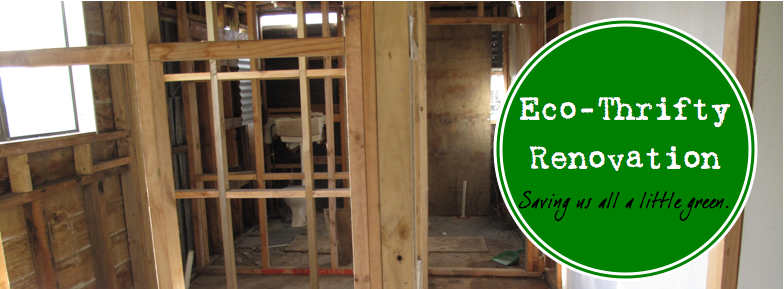By 8:30 on Sunday morning I was covered in stale beer and
smeared with butter chicken sauce. It was not a scene from The Hangover II, but the scene at the service entrance to the
Masters’ Games village at Springvale Park where a team of five hardy volunteers
and I had just sorted 36 and ½ barrels of resources passing through what was
the Zero Waste Events programme implemented at this year’s Games.
Of that total, we tallied 14 wheelie bins of glass bottles,
13 bins of aluminium cans, four bins of plastic bottles, four bins of
biodegradables, a giant stack of flattened corrugated cardboard boxes, and just
one and one half bins of general rubbish. Our resource recovery rate peaked at
over 95% by volume and close to 99% by mass (on account of the weight of all
those glass bottles). This is a world-class effort more than likely unmatched
anywhere in New Zealand. The NZ Masters Games organizers, Trustees, and
volunteers have much to be proud of for this accomplishment.
But like any world-class athletic feat, this performance had
humble beginnings in smaller arenas. As well, the story of Zero Waste Events
consists of a string of individuals who each committed themselves to a team
that grew bigger and stronger with each new member. It is also the story of
ordinary people advancing an ordinary idea to achieve something extraordinary.
This is how it began…
Once upon a time, there was an overfed, long-haired, leaping
gnome who decided to volunteer at the YMCA of Wanganui’s Connecting Families
Day. He used his knowledge of waste management to encourage the Y to order only
biodegradable cups for water and hot drinks. This is called, “pre-cycling” and
the Y agreed. With that sorted, almost the entire resource stream for the event
would be recoverable as compost or one of the many categories of recycling used
in Wanganui.
The waste minimization effort was so successful that his
mate took notice. He said, “Hey mate, why don’t we apply for funding so we can
replicate this.” The gnome agreed.
Together they wrote an application to the Positive Futures
Trust, and received a modest amount of funding. The pair managed a couple of
small events in Wanganui before taking the idea to Mike Cronin at the NZ
Masters Games. Mike was receptive, and must have mentioned it to staff member
Simon Watson, who expressed an interest in joining the Zero Waste effort. Over
the course of eight months, the four met to share ideas, plan, and try to get
as organized as possible before the opening ceremony.
And then we were off like sprinters to a starter’s pistol!
Thanks to the help of our Games volunteers, we managed the 10-day even like a
relay race, passing on the Zero Waste baton from weary team members to fresh
team members day by day, and all the way to a world-class finish.
From the gnome, to his friend, to Mike, to Simon, and to the
volunteers, each character in this story made a decision to make a difference.
In Dr. Seuss’s well-known story, The Lorax,
the tale ends with a moral summed up in one word: Unless.
“Unless someone like you cares a whole awful lot, nothing’s
going to get better, it’s not.”
This is how the Power of One becomes the Power of Community.
Your Sincerely, Leaping Gnome







Was it a matter of convincing or enforcing all food and drink service providers to purchase and use the compostables instead of the normal plastics? Was this done one by one or as an overall implementation passed down from the Games organisers? Was there separation of food waste as well?
ReplyDeleteHi Dylan,
DeleteThe Masters Games mandated that the caterers use these certain products while contracting them. The caterers may have offered resistance, but the 'bio-plastics' were cheaper than plastics so offered none. The 10 day event is a lucrative contract for caterers, so I'm sure there would have been a few competing for it. The food, serviettes, plates, bowls, cutlery, bio-plastic cups and even beer boxes were all put in the 'Compostables' or 'Bio-Bin' together. Meat and all!